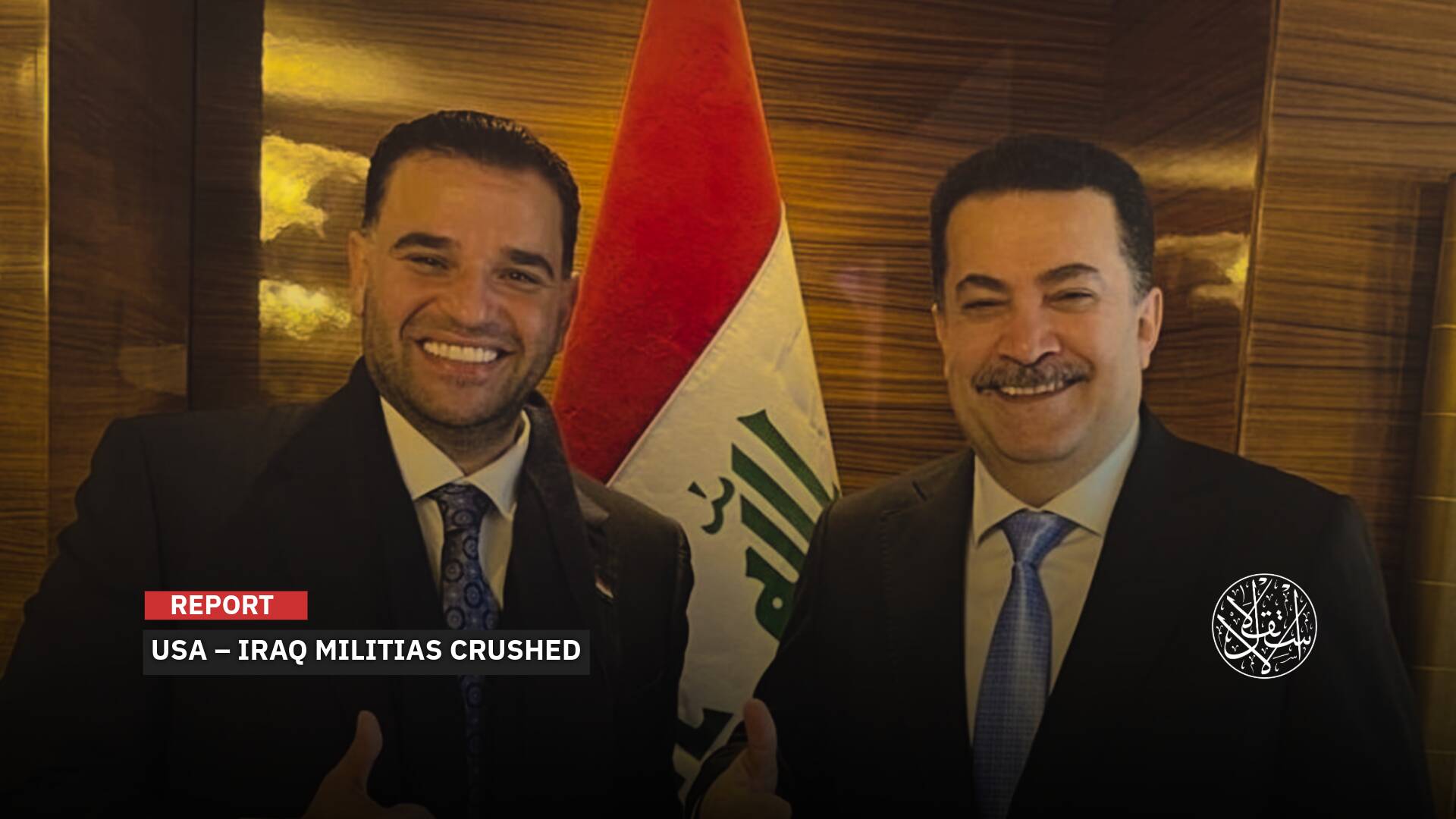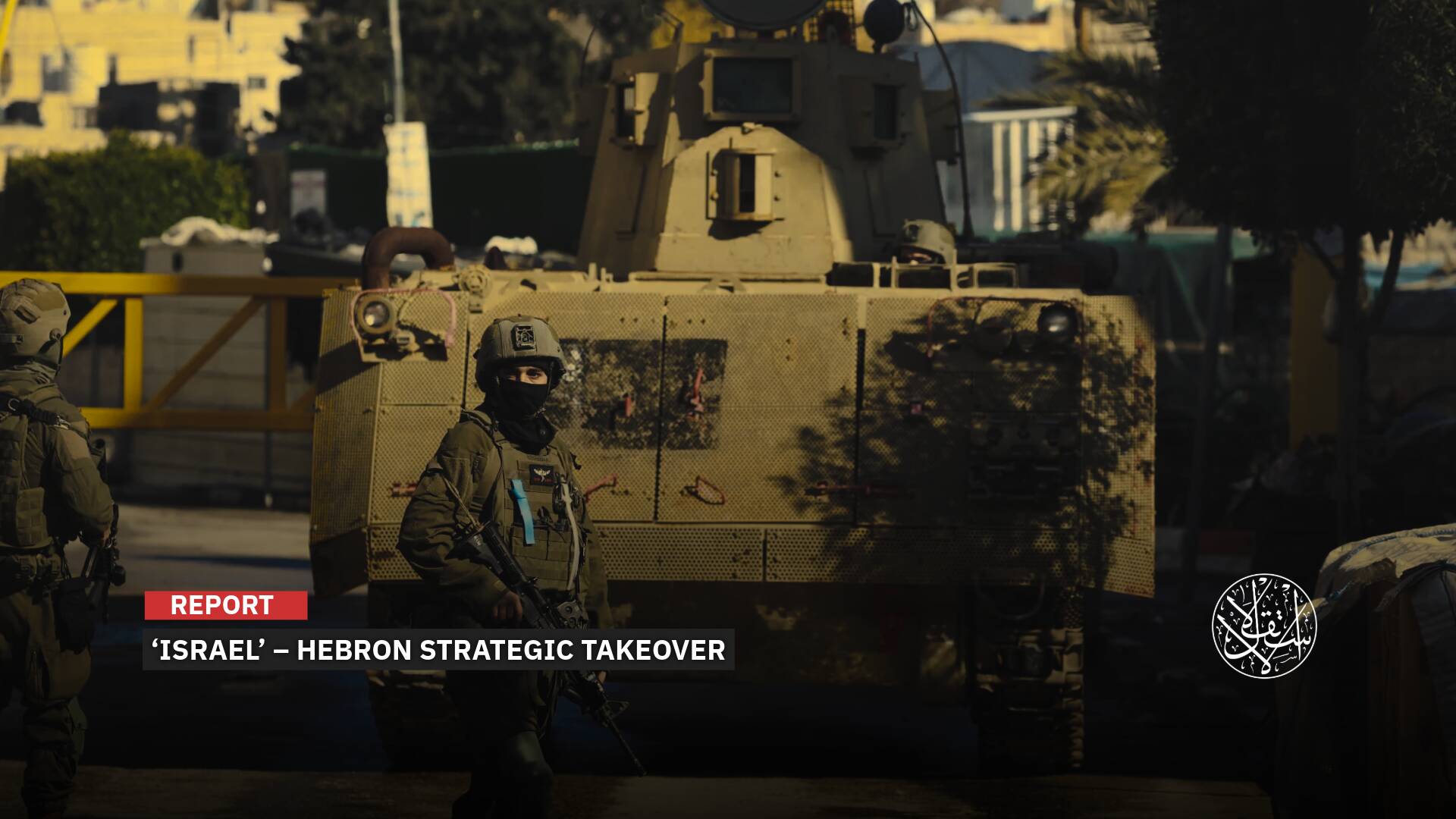The Houthis Are Promoting a ‘Decisive Negotiation Round’ to End the Yemeni War: How Serious Is Their Commitment?

The recent announcement by the Houthi rebels, signaling their intention to convene a new and "decisive" round of negotiations with the legitimate Yemeni government, has cast a spotlight on the depth of the Iran-backed militia's willingness to make substantive concessions in order to bring an end to the protracted nine-year conflict ravaging the nation.
It also raises a multitude of questions about the potential outcomes should these talks prove unsuccessful.
Abdulmalik al-Ejri, a prominent figure within the Houthi militia and a member of their negotiation team, conveyed, "Preparations are underway for an upcoming negotiation round, one that we aspire to be pivotal in bringing an end to the protracted suffering endured by the Yemeni populace. This holds particular significance in light of the humanitarian imperatives, as the persistence of these dire circumstances only serves to perpetuate the conflict in an even more pernicious and devastating manner."
Notably, al-Ejri's statement, issued via his X (Twitter) account on August 21, 2023, did not offer specific insights into the arrangements or the exact timing of these negotiations.
As of August 22, there has been no official response from the legitimate Yemeni government regarding this development.
وصلنا بحمد الله إلى العاصمة العمانية مسقط بعد إنهاء زيارة تشاورية إلى صنعاء الهدف منها التشاور مع القيادة حول الخطوات القادمة و الترتيب لجولة مفاوضات قادمة نسعى أن تكون حاسمة في وضع حد لمعاناة الشعب اليمني سيما لجهة الاستحقاقات الإنسانية لأن استمرارها هو إستمرار للحرب بشكل آخر…
— عبدالملك العجريAbdulmalik Alejri (@alejri77) August 20, 2023
'Political Settlement'
In a significant development, Houthi insurgents have announced their pursuit of a fresh and "decisive" round of negotiations with the legitimate Yemeni government.
This declaration has prompted a myriad of questions concerning the extent of the Iran-backed militia's readiness to make substantial compromises aimed at putting an end to the protracted nine-year conflict that has plagued the nation. It also raises speculation regarding potential outcomes in the event that these negotiations falter.
Abdulmalik al-Ejri, a prominent figure within the Houthi militia and a member of their negotiation team, made this announcement upon his arrival in Muscat, the capital of Oman, concurrent with the departure of an Omani delegation from Yemen's capital, Sanaa, on August 20, 2023.
The Omani delegation had engaged in a series of consultations with Houthi leadership, spanning a period of four days.
On August 20, the Houthi-affiliated satellite channel, Al-Masirah, reported that the Omani delegation left with the head of the Houthi negotiation team, Mohammed Abdul Salam.
The channel indicated that "the Muscat delegation concluded their visit following consultations in Sanaa," without providing details regarding the visit's outcomes.
However, on the same day, Sputnik quoted an anonymous Yemeni political source described as "close" to the Houthi militia (whose identity was not disclosed). This source stated that the negotiations culminated in an agreement on several contentious issues that had hitherto obstructed the achievement of a comprehensive ceasefire agreement in Yemen and the initiation of a political settlement.
According to the source, the Omani delegation reached a preliminary agreement with the Houthi group regarding humanitarian aspects, with the latter emphasizing the need to prioritize issues such as disbursing salaries to government employees and forming committees under the supervision of the United Nations for this purpose.
Additionally, there were agreements to reopen Sana'a International Airport, increase flights through it, lift restrictions on the port of al-Hudaydah, and reach consensus on reopening closed roads in several provinces.
The agency also reported that there remain outstanding issues, particularly regarding the mechanism for implementing the agreement, and the Omani mediator will convey the Houthi group's proposals on these matters to the Kingdom of Saudi Arabia.
In April 2023, an Omani delegation facilitated talks in Sana'a between the Houthi Yemeni militia and an official Saudi delegation led by Saudi Arabia's ambassador to Yemen, Mohammed al-Jaber. These discussions spanned six days and revolved around humanitarian concerns, ceasefire implementation in Yemen, and the initiation of a comprehensive political process.
On June 4, 2023, Hans Grundberg, the Special Envoy of the Secretary-General for Yemen, announced arrangements for three stages within the efforts to reach a political settlement in the country.
He indicated that these arrangements were based on the insights and perspectives arising from the joint Saudi and Oman initiatives.
Yemen has experienced a fragile ceasefire since the United Nations declared on October 2, 2022, that the Yemeni government and the Houthi Yemeni militia had failed to reach an agreement to extend and broaden the ceasefire, which had been in place for six months.

Continuous Irresponsibility
The ongoing evasion of responsibility and the extent to which the militia is willing to make concessions for a political settlement have prompted a response from Fahd Talib al-Sharafi, the media advisor to the legitimate government's minister of information.
Addressing the Yemeni populace, as well as regional and global stakeholders, al-Sharafi stated that "with the Houthis, even if you reached the sky with a thread and descended to the earth with a hair, you would not arrive at any resolution with their actions, uglier than al-Qaeda and ISIS."
In a post on X on August 21, 2023, al-Sharafi emphasized, "There is no solution, no state, and no stability except by dismantling their project and burying their malevolence."
سواء كنتم مواطنين او عسكر، نخب سياسية وثقافية او قبائل، تجار، في الشمال او الجنوب، في الاقليم والعالم اقول لكم:
— فهد طالب الشرفي (@shrafyf) August 21, 2023
مع الحوثيين لو تطلعوا السماء بخيط وتنزلوا الارض بشعرة، لن تصلوا لاي حل مع حركتهم الابشع من القاعدة و داعش!
ولا حل ولا دولة ولا استقرار إلا بتفكيك مشروعهم ودفن شرورهم!
On the other hand, former Yemeni Minister of Local Administration Abdulraqib Fateh shared his perspective via X on August 21, stating, "Difficulties confront all advocates of peace and ending the war in our beloved Yemen."
Fateh emphasized that "these difficulties arise from a Houthi militia, supported by Iran, that rejects peace and remains indifferent to the people's suffering. Consequently, the initiatives currently proposed echo previous ones put forth by the legitimate government [internationally recognized Yemeni government] in earlier stages, such as: the unconditional release of all prisoners, the reopening of roads, salary disbursements, and more."
صعوبات تواجه كل مكونات دعاة السلام وانهاء الحرب في يمننا الحبيب.
— د.عبدالرقيب سيف فتح (@AbdulraqibFateh) August 21, 2023
الصعوبات ناتجة عن طرف مليشاوي حوثي تدعمه ايران يرفض السلام ولايستشعر معاناة الناس
لذامايطرح حاليا من مبادرات سبق طرحها من قبل الشرعية في مراحل سابقة
.اطلاق كل الاسراء بدون شروط.
.فتح الطرقات
.دفع المرتبات.
..الخ
On July 10, 2023, the Yemeni government issued a warning, suggesting a reconsideration of steps it had taken to support peace efforts with the Houthi insurgents, including those related to the reopening of Sana'a International Airport and the operation of the Hudaydah port on the Red Sea coast.
At that time, Yemen's Minister of Information, Culture and Tourism, Moammar al-Eryani, stated that the government would not stand idly by in the face of what he referred to as the Houthis economic warfare. He affirmed, "It will take all necessary measures to safeguard the interests and assets of the Yemeni people."
Al-Eryani accused the Houthi rebels of "exploiting the concessions made by the Yemeni government to advance the ceasefire and peaceful resolution of the crisis."
He pointed out that they "launched attacks on ships and oil tankers at the ports of al-Mokha and Shabwa with the aim of halting exports and undermining the state's revenue, including the payment of government employee salaries."
In October 2022, the Houthis conducted warning attacks on three oil ports in the governorates of Hadhramaut and Shabwa in the southeastern part of the country. This resulted in the suspension of government oil revenues and fuel flows and the deprivation of the government's primary revenue sources.
The Yemeni minister cautioned that the continued escalation by the Houthis forewarns of a deterioration in the country's economic conditions, thereby exacerbating the humanitarian suffering of Yemeni citizens.
He called upon the international community, the United Nations, and the United Nations Security Council to intervene in order to protect peace settlement efforts, promote de-escalation, and usher in peace.
Return to War
Regarding potential scenarios in Yemen, the writer, Yahya Mohammed al-Sharafi, commented that the failure of Riyadh to make its decisions during these pivotal negotiations implies that war will return, albeit in a significantly different form than before.
In an article published on Masa Press, which is closely associated with the Houthis, on August 20, al-Sharafi accused the Omani mediator of using his mediation to serve only the Saudi side and its allies rather than achieving balance, neutrality, and the role of a mediator that should remain equidistant from the conflicting parties.
Al-Sharafi also noted that Riyadh had previously "agreed to Sana'a demands related to the implementation of humanitarian obligations but later reversed its stance under pressure from Washington," without specifying the timing of Saudi Arabia's initial agreement and subsequent reversal.
The writer speculated that if Saudi Arabia refuses to implement these humanitarian obligations, it could lead to a return to war.
However, this time, it won't be like before, and the kingdom must prepare for years of deprivation that might not only end Vision 2030 but potentially lead to the end of the Al Saud rule altogether.

In contrast, Yemeni researcher Abdul Wahid al-Awbali stated on August 21 that "the militia, as usual, seeks to shift responsibility onto others while it loots three times more than the legitimate government earns from public resources."
Speaking to Independent Arabia, al-Awbali added, "Despite the legitimate government's commitment to paying salaries and providing services, the group allocates all the resources it controls for military spending and disbursing to militia leaders and members belonging to the Houthi sect and lineage."
Al-Awbali confirmed that "the Houthis have substantial revenues, primarily derived from their control over revenues through the Hudaydah port in the west of the country.
"They also obtain Iranian oil without cost, which they then sell on the black market at significantly higher prices compared to its actual value. Additionally, they collect substantial taxes from incoming goods at the port, resulting in annual revenues amounting to billions of dollars."
However, the writer believes that "these vast resources are not met with any Houthi commitment towards government employees, public services, projects, or development.
"The cost of salaries does not exceed one billion dollars annually for all the country's employees, while the group rakes in multiples of this amount through taxes collected from various sectors."
Since September 2014, the Houthi militia has controlled the majority of Yemen's central and northern provinces, including the capital, Sana'a.
The conflict in Yemen escalated in 2015 when Saudi Arabia and its allies, as part of the Arab Coalition, launched airstrikes to prevent the Houthi rebels from seizing more Yemeni cities and to restore the authority of the internationally recognized government.
Sources
- Yemen: Houthi announces arrangements for new negotiations with the government [Arabic]
- Yemen: The Houthis announce the start of arranging for a 'decisive' round of negotiations with the government [Arabic]
- Oman reached an agreement with the Yemeni 'Ansar Allah' group on a number of contentious issues with Saudi Arabia [Arabic]
- After the end of the Sana'a negotiations, Houthi awaits another 'decisive' round [Arabic]
- An Omani delegation in Sana'a to revive hopes of a new agreement with the stalled negotiations [Arabic]
- Yemen and Saudi Arabia agree on 'decisive negotiations' — What if they don't succeed? [Arabic]
- The Yemeni government accuses the Houthis of escalation and threatens to stop the steps taken to support peace [Arabic]












